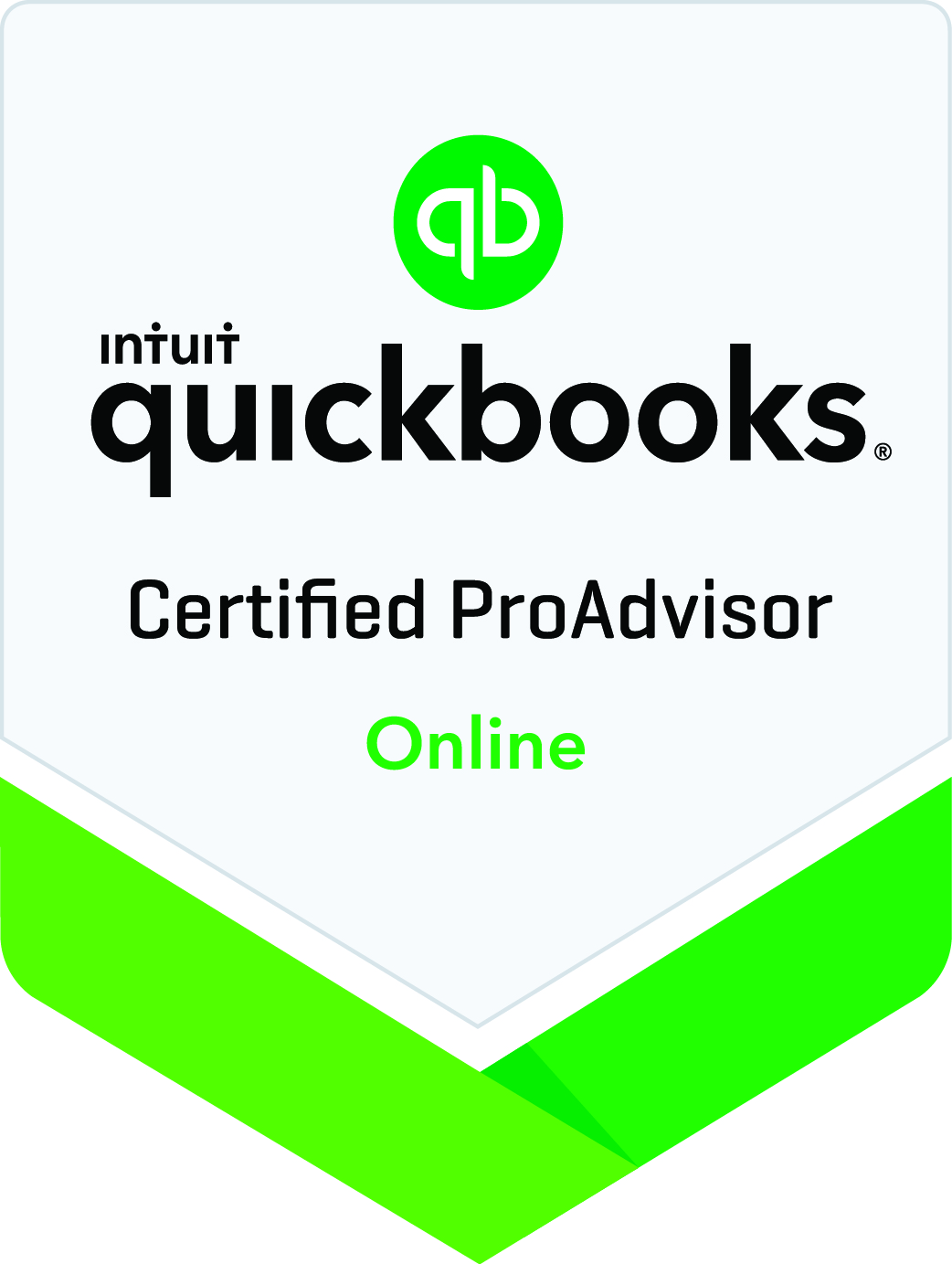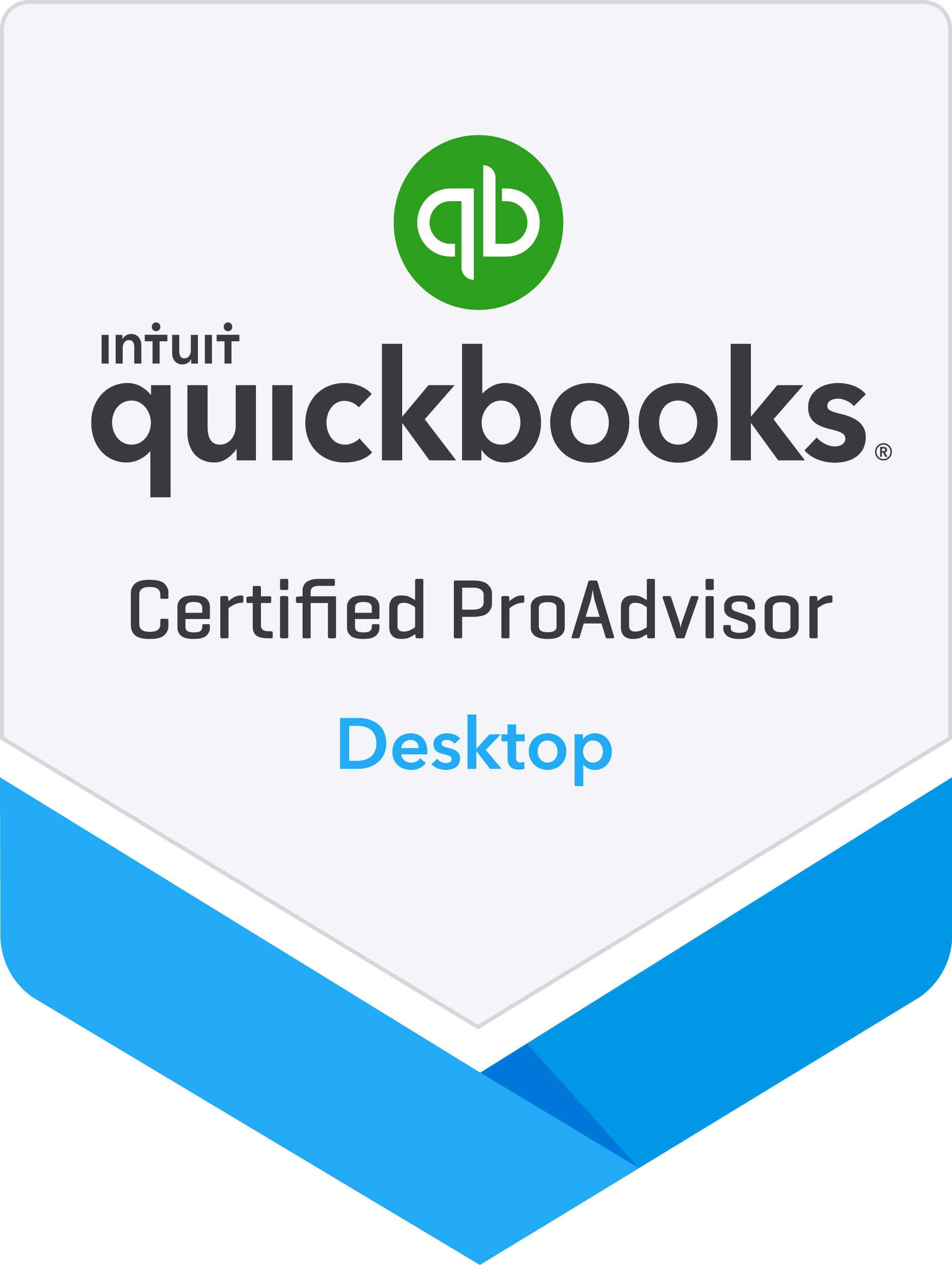Life Settlements - A Unique Diversification Strategy with Tax Advantages
Taxation is always a key issue for investors as returns can be gradually reduced over time if there is not a proactive tax plan in place, specifically related to investments. In this context, a prudent investor should investigate alternative strategies to traditional bonds and equities. Some sophisticated investors have turned to life settlements for non-registered funds (especially when held inside a private company) for their tax advantages and non-correlation to traditional debt and equity instruments.
A life settlement is the sale of an unwanted insurance policy to a third-party purchaser. Using actuarial modelling of the insured's life expectancy and the policy's annual premiums, the value of an individual policy is determined. The purchaser then provides a lump sum payment, or periodic payments, to the individual selling their life insurance and in exchange they receive the death benefit of the seller's insurance policy; the seller also assumes the premium payments to keep the policy in force. Like all life insurance policies, the growth and ultimate death benefit is tax exempt to the new owner, according to a recent tax opinion provided by a law firm that specializes in tax law.
To better understand how a life settlement works, consider the example of an elderly gentleman who no longer wants to continue paying premiums on his policy and an investor who is interested in purchasing his policy. The first step is for the gentleman to exchange policy and medical information with the investor. After assessing actuarial tables, the insured is determined to have a life expectancy (LE) of 6.5 years. The policy has a death benefit of $500,000, an annual premium of $23,870, and a $50,000 cash surrender value; the investor offers the gentleman $115,000, more than double the cash surrender value of his policy. The gentleman accepts, satisfied that he received much more by selling his policy than letting it lapse and only receiving the cash surrender value.
The investor starts with an adjusted cost base of $115,000, which increases by $23,870 each year a premium is paid; at LE, the book value is expected to be $270,155 ($115,000 + [$23,870 x 6.5]). Assuming the death benefit is collected in 6.5 years, the growth of the life settlement would be $229,845 ($500,000 - $270,155), earning the investor a 12 % internal rate of return. The single biggest risk to the investor is that the insured lives beyond the estimate 6.5 years; the longer premiums are paid, the lower the return. This risk can be mitigated by investing in a pool of multiple policies rather than a single one.
To participate in the Canadian life settlements market, purchasers must either be an insurer or its duly authorized agent, according to the Insurance Act of Ontario. This regulation has kept the door closed to life settlements in most provinces.
Sophisticated investors now have access to life settlements through a pool of insurance policies managed by Portfolio Stewards Inc., Life Insurance Liquidity Options LP (LILO), which has a team of actuaries and analysts trained to evaluate policies. Specialized funds like LILO give investors access to the life settlements market, and their corresponding tax benefits, which are already being pursued by large institutional investors. Despite its low visibility, life settlements have grown to over a $3 billion a year industry in the United States, with Berkshire Hathaway (Warren Buffet's company) investing $600 million a year into this niche market. For certain investors looking for good after-tax, risk-adjusted returns to diversify their portfolio, life settlements can be a prudent investment. Talk to your Portfolio Manager at Portfolio Stewards to see if this alternative investment may be right for you.
Also, if you have a life insurance policy that you no longer need or want, feel free to contact LILO at www.lilo.solutions/contact-us or 1-866-888-5456.



